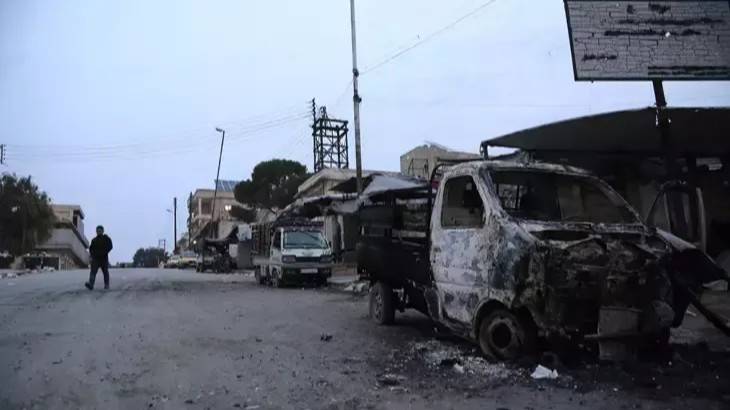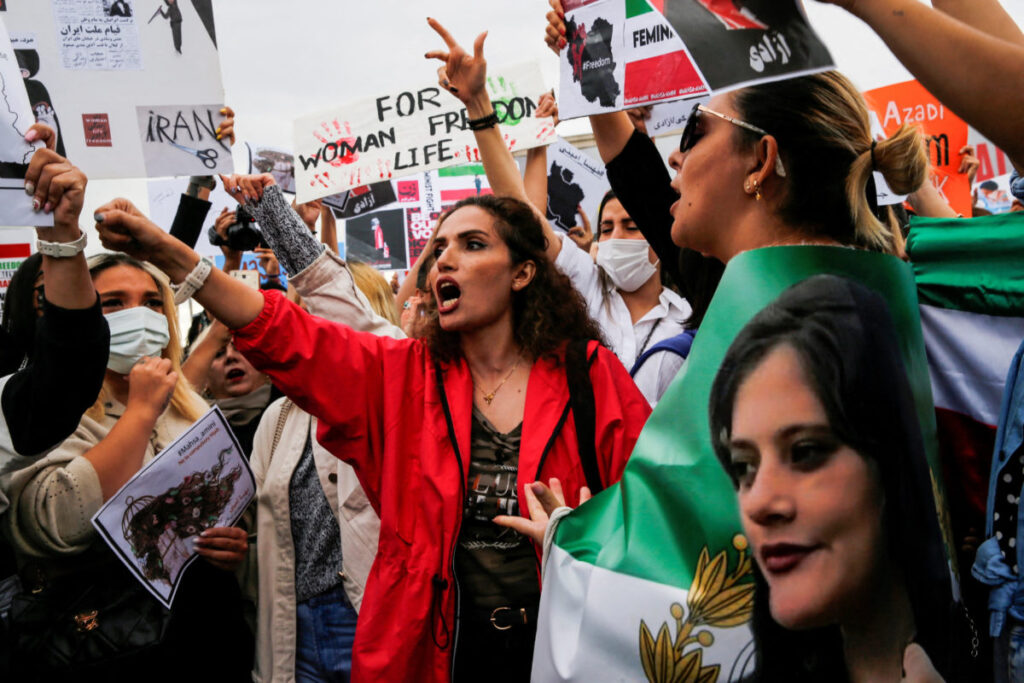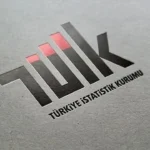Oral Çalışlar
The Turkish original of this article was published as 'HDP’yi MHP ile koalisyona itenler' on 20th June 2015.
On what basis can the HDP cooperate with the MHP? To further the Solution Process? To make a new constitution by eliminating all the racist overtones present in the current one, and to reach a compromise on a new identity? Or for the sake of further enhancing freedom of thought and of association?
The very existence of the HDP, as well as of a forty year-long struggle, is axed on fighting against the refusal to recognize Kurdish identity.
For years on end, what the state and the dominant nationalism imposed was denial, extermination and assimilation. The ideological center that exercised hegemony over the whole country and the aggressive nationalism at its disposal never ever accepted the national existence of the Kurds. The solution that they had in mind involved a paradigm of state violence.
Over time, the state came to change. Insofar as the guardianship of the armed forces was rolled back, a fault-line appeared in the previous authoritarian statist outlook. Compared with the past, various political movements or parties began to move apart from each other on this point. As a first step, it was the religious [dindarlar] who adopted the most moderate approach to the Kurdish question. The nationalists [ulusalcılar] lagged behind in accepting the Kurdish reality. As for adherents of the national ideal [ülkücüler], their whole raison d’être had been fashioned through rejecting the Kurds and other different identities.
During the recent elections, out of their anger at Tayyip Erdoğan and disheartened by their successive electoral defeats at the hands of the AKP, some nationalists updated their approach to the Kurds. But they had their own conditions: “You are going to stand alongside us against Tayyip. And you are going to block his way to the presidency [in a presidential system].” In the months preceding the balloting, the HDP was repeatedly tested and interrogated on these points.
The results did give them some hope
The outcome was a picture conducive to isolating the AKP. People started developing formulas about how “a coalition comprising the other three parties might bring Tayyip Erdoğan to account.”
At this point, the secular center or mainstream started calling on the HDP “not even to think of shifting toward the AKP.”
But so, what is it that is being asked of the HDP? To join a combination that would also include the MHP! And what is the MHP? A party that is the very embodiment of the rejection of Kurdish identity, representative of an entire tradition of nationalist denialism. What if some of their policies have been partially modified, and their constituency has been somewhat changed over the last few years? Their main axis has remained all too clear.
To repeat: On what basis can the HDP cooperate with the MHP? To further the Solution Process? To make a new constitution by eliminating all the racist overtones present in the current one, and to reach a compromise on a new identity? Or for the sake of further enhancing freedom of thought and of association? Is Kılıçdaroğlu pushing this formula because he regards it as really feasible? Or is he being so insistent in order to demonstrate to his constituency just how impossible it is?
One way or the other, this much is obvious: Kılıçdaroğlu’s initiative has been cause for celebration among the nationalists’ most confrontationist ranks as well as in the headquarters of the Gülen Congregation. “All the changes of the last thirteen years can be rendered null and void. A united front directly comprising the Kurds or at least receiving their outside support can achieve the desired restoration.” Such expectations are finding quite a few adherents, with further excitement provided by some “fuatavni” commentaries.
The Kurds and real life
From the outset, it was utterly unrealistic to expect the Kurds to join a project involving other actors given to denying their existence.
And indeed, it has not taken more than a few days for life to impose its own dictates. The MHP came out to assert that for them, the HDP might just as well not exist. Still, hopes that the MHP and HDP can act together have yet to be completely shelved.
Let me repeat what I have been saying since election night: The overall picture requires conciliation and compromise. And I believe that it is the ruling party that has to lead in accommodation and changing its discursive style. The AKP must grasp that a new period has begun, and act accordingly. It has to change its language vis-à-vis the HDP. And of course, it is also important for the HDP to demonstrate a degree of political intelligence capable of withstanding the confrontationist project that it is being pressured to accept. Yes, these are easier said than done. But I am convinced that sooner or later, the tendency to compromise will win.
From the very first day, the formula that I find most meaningful is an AKP-HDP coalition. It is these two traditions that have had to confront the status quo for years on end, and which at all the critical tipping points have been able to adopt a pro-reform stance. They should be able to come together. And it is further possible for cooperation between the CHP and the AKP to assume a non-exclusive form.
Equating the PYD with IS?
A final note of interest: What is behind the last few days’ banner headlines to the effect that “the PYD is more dangerous than IS”? Is this an attempt to prepare the ground for an AKP-MHP coalition? Is the idea to create a common cause for conflict with the Kurds?
Is there a desire on the part of some to involve Turkey in yet another nationalist strife?
Against this, the only way out can be through a common framework for nationalism-transcending compromise.
Yazıyı beğendiysen, patronumuz olur musun?
Evet, çok ciddi bir teklif bu. Patronumuz yok. Sahibimiz kar amacı gütmeyen bir dernek. Bizi okuyorsan, memnunsan ve devam etmesini istiyorsan, artık boş olan patron koltuğuna geçmen lazım.
Serbestiyet; Türkiye'nin gri alanı. Siyah ve beyazlar içinde bu gri alanı korumalıyız. Herkese bir gün gri alanlar lazım olur.



















